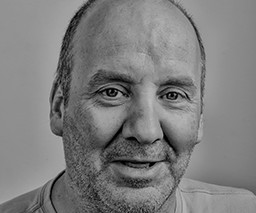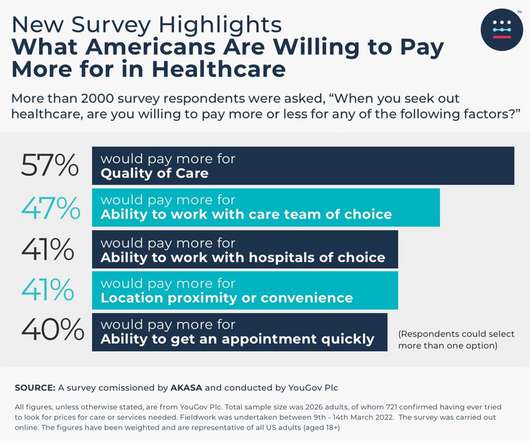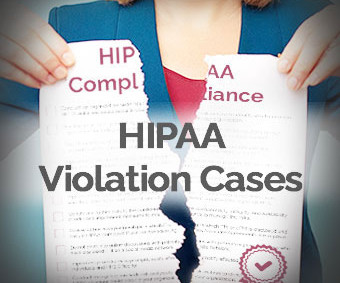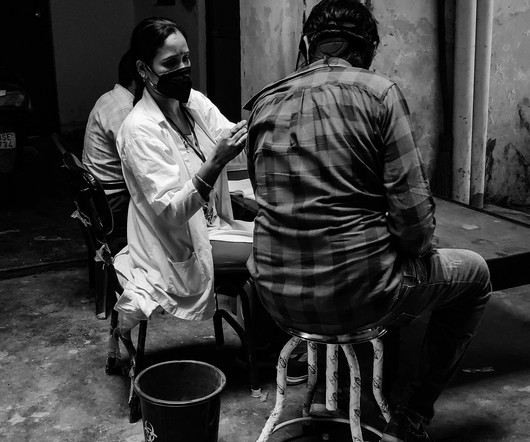The Latest AI Craze: Ambient Scribing
The Healthcare Blog
MARCH 18, 2024
Doctors used to take notes mostly in shorthand, leaving the abstraction of these notes for coding and billing purposes to be done by some poor sap in the basement of the hospital. The introduction of electronic medical records made this a major pain point. But there is definitely more to come.














Let's personalize your content